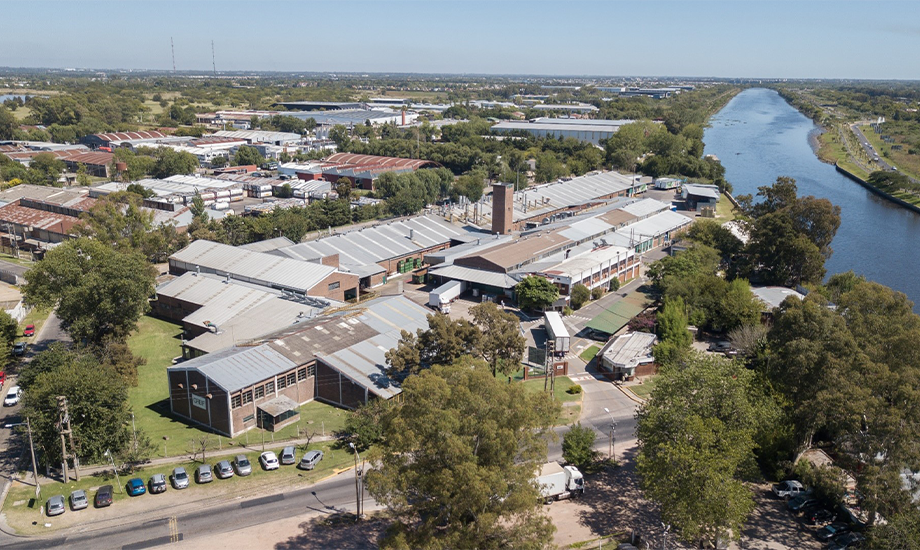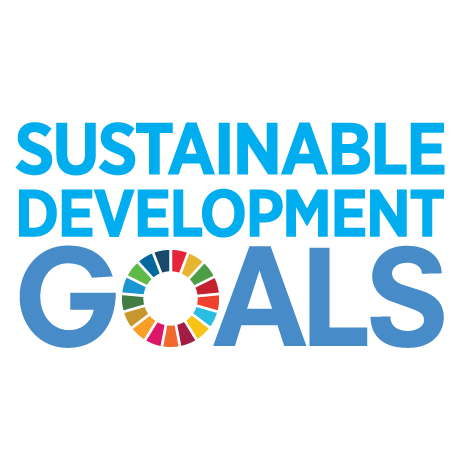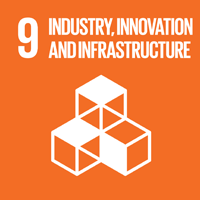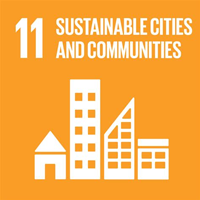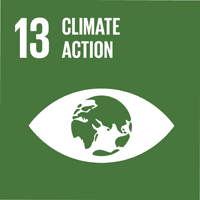פַּסִים
- Greif’s Build to Last Strategy and Protecting Our Future mission embed climate considerations into our day-to-day decision-making and long-term strategic planning.
- We executed a virtual power purchase agreement (VPPA) with Enel Green Power España for 100 GWh of renewable energy annually, enough to offset approximately 65 percent of our electricity consumption in Europe.
- Greif’s land management subsidiary, Soterra, generated 59 percent of its revenue from nature-based solutions and renewable energy initiatives in 2024. We added geological sequestration, utility-scale solar installations, and development of Improved Forest Management carbon offsets to our sustainable forest management practices.
- Greif refined our Scope 3 emissions reduction methodology by conducting a thorough gap analysis to improve the quality of the data and identify new opportunities to engage with our value chain partners to reduce emissions.
- In 2024, our combined Scope 1 and Scope 2 (market-based) greenhouse gas (GHG) emissions were 1,120 thousand metric tons CO2e, compared to 1,108 thousand metric tons in 2023.
למה חשובה אסטרטגיית אקלים
Our robust climate strategy is driven by our belief that it is our responsibility to reduce our impact as a manufacturing company. This is also crucial to building and maintaining relationships with our colleagues, customers, partners, and shareholders. Climate change is a top priority for our customers, many of whom have set ambitious climate goals and are working to foster transparency across their operations and value chains. We aim to be the trusted partner that supports our customers in achieving these goals by using data-driven decision-making to provide guidance and recommendations around sustainable solutions. Our climate strategy is integrated into every facet of our business, with an emphasis on driving projects that reduce our emissions. Our product portfolio, which emphasizes manufacturing innovation and performance efficiency, reflects how we are working with customers to provide innovative, low-carbon, and circular products to help them meet their goals.
Our climate strategy is also a vital part of attracting and retaining top talent, which is needed to protect our competitive advantage in the market. We recognize the value of hiring passionate colleagues early in their career and providing a culture where they can innovate and grow. At Greif, we find a strong correlation between business success and employee engagement at all levels of our organization, and our climate strategy is an important component of that process.
Our Approach
We are working to consider and reduce the carbon footprint at each stage of the life cycle of our products, from raw material extraction to end-of-life disposal. Since 2007, we have set ambitious goals to reduce our GHG emissions and energy use, most recently setting a 2030 science-aligned target to reduce our absolute Scope 1 and Scope 2 GHG emissions by 28 percent from a 2019 baseline.
Engaging Greif colleagues is an important part of our climate strategy. To empower action and transparency, every colleague has access to energy dashboards that detail usage performance and help colleagues make more informed decisions that move us closer to our goals. Via Greif University, our internal training and education platform, colleagues also have access to thousands of courses to support them on their sustainability journey. We are working to embed our climate strategy at every level of the organization and value chain because we know success will only be achieved if there is commitment from everyone.
ניהול סיכוני שינויי אקלים
Over the past three years, we have conducted several internal climate risk workshops in which colleagues from varying departments, locations, and backgrounds collaborate to identify, rank, and evaluate regulatory, market, and physical climate-related risks and opportunities. In 2023, we successfully completed a third-party physical risk assessment to deepen our understanding of the climate risks and financial impacts associated with our operations. In 2024, our efforts focused on addressing the data points from this analysis.
Our scenario analysis included three future scenarios, including global temperature increases of below 2°C (Representative Concentration Pathway (RCP) 2.6), 2 to 3°C (RCP 4.5) and over 4°C (RCP 8.5), to identify risk likelihoods and impacts to our operations. The assessment identified precipitation, flooding, and heat stress as key physical risks across our global operations. Please refer to our דוח CDP למידע נוסף על תרגיל ניתוח תרחישי אקלים זה.
|
סיכון / הזדמנות |
נוֹשֵׂא |
תֵאוּר
|
|---|---|---|
|
סיכון פיזי |
קטסטרופה טבעית |
שיטפון גדול / הוריקן / רעידת אדמה / סופת רוח וכו' המובילים לאובדן של מתקן ייצור מפתח או יקר ערך (אחד או יותר).
|
|
סיכון פיזי |
אסון סביבתי ישיר |
אירועים מרכזיים הקשורים לאקלים/מזג האוויר במתקני מפתח כגון דלתא, ורילנד ומפעלי נייר, המובילים לאירוע סביבתי גדול, אירוע פיננסי ועלול להוביל לבעיות יחסי ציבור/תדמית.
|
|
סיכון מעבר |
מנגנוני תמחור פחמן |
תקנות תמחור פחמן, כגון מערכות מכסים וסחר ומסי פחמן, משפיעות על Greif בשווקים מסוימים (אירופה וצפון אמריקה) ועשויות להופיע באזורים אחרים. הדבר מתבטא כהוצאה מהותית והולכת וגדלה.
|
|
סיכון מעבר |
השקעות לא יעילות / תכנון הון |
מחסור במשאבים להבנה מלאה של השפעת השינויים הרגולטוריים על החלטות והשקעות אסטרטגיות עלול להוביל להקצאת הון לא אופטימלית. זה כולל מתקנים שמתיישנים מהר מהצפוי והחזר ROI נמוך מהצפוי.
|
|
סיכון מעבר |
חוסן / המשכיות ייצור |
יכולות ארגוניות יוצאות דופן, חוסן עסקי קשור, מוכנות וזריזות יאפשרו ל-Greif לחדש את רמות הייצור במהירות רבה יותר ולתמוך טוב יותר בעמיתים, לקוחות וקהילות לאורך זמן אם שיבושים ואסונות יהפכו נפוצים יותר.
|
|
סיכון מעבר והזדמנות |
שינוי בהעדפות הלקוח
|
הביקוש למוצרים ברי קיימא הולך וגדל. הסיכון שגרייף לא זז מהר מספיק כדי להגיב לשימוש הגובר בחומרים ממוחזרים בתהליכי ייצור עלול להפחית את הביקוש למוצרים ולשירותים של גרייף. בנוסף, תקנות הקשורות לאקלים המגבילות את שווקי הקצה של מוצרי Greif, כגון תעשיית הנפט והגז, יכולות להגביל את עסקיה של Greif על ידי הפחתת הביקוש למוצרים ולשירותים שלה בשווקי מפתח. Greif יכול לנצל את ההזדמנות הזו על ידי הגדלת סל המוצרים בר-קיימא שלנו במהירות.
|
| הזדמנות מעבר | השפעה על עסקי המיחזור של Greif | תרחישי אקלים עם שאפתנות גבוהה יותר מסתמכים על הגדלת שיעורי מיחזור הפלדה והפלסטיק. אם מיקומו כראוי, ייתכן ש-Greif תוכל להגדיל את היקף שיטות השיפוץ הנוכחיות שלה. |
|
הזדמנות מעבר |
כּוֹשֵׁר הִתאוֹשְׁשׁוּת
|
יכולות ארגוניות יוצאות דופן הקשורות לחוסן עסקי, מוכנות וזריזות יאפשרו ל-Greif לחדש את רמות הייצור במהירות רבה יותר ולתמוך טוב יותר בעמיתים, לקוחות וקהילות לאורך זמן אם שיבושים ואסונות יהפכו נפוצים יותר. |
אנא בקר בדוח זה ניהול סיכונים למידע נוסף על תהליך ניהול הסיכונים הארגוני שלנו.
אסטרטגיית אקלים ומפת דרכים לשחרור פחמן
Renewable energy and energy efficiency are key pillars of our climate strategy. In 2024, we increased our focus on procuring renewable energy via VPPAs and on-site solar development. To reduce carbon impacts beyond our value chain, we also leveraged nature-based solutions like geologic carbon sequestration and improved forest management offsets. Please visit the מתן עדיפות לטבע section of the report to learn more about our nature-based solution efforts.
אנרגיה מתחדשת
Renewable energy procurement is core to our decarbonization strategy. Meeting the long-term energy-related challenges associated with climate change requires a meaningful shift towards renewables, such as solar, biomass, and wind energy. We strive to identify high-impact opportunities to catalyze our clean energy transition. Since 2016, we have increased our sourcing of renewable energy from both on-site and off-site locations. Greif facilities in North America, Brazil, Chile, China, the Czech Republic, Israel, and the Netherlands are powered by renewable energy, and we recently added rooftop solar to our Singapore facility. Of Greif’s total energy consumption in 2024, 16 percent (892 MWh) came from renewable energy sources such as biomass and solar energy. We will continue to identify and capitalize on additional opportunities to procure renewable energy.
Over the past three years, we conducted an extensive exploration of renewable alternatives to overhaul our electricity and natural gas consumption. As Greif’s Scope 2 emissions make up about half of our total Scope 1 and 2 emissions, switching to renewable energy would eliminate a significant portion of our overall emissions. In 2024, we signed a pivotal contract with a developer for a large VPPA project in Spain, to supply renewable energy for our European operations.
Virtual Power Purchase Agreement with Enel Green Power España
In 2024, Greif announced the signing of a virtual power purchase agreement (VPPA) with Endesa’s renewable subsidiary, Enel Green Power España (EGPE). Through the VPPA, Greif will purchase approximately 70 percent of the projects’ output, which will lead to approximately 100 GWh annually and measurable progress towards our long-term sustainability and climate goals. The solar VPPA is a significant step toward achieving a reduction of our Scope 1 and 2 greenhouse gas emissions by 28 percent by 2030, compared to a 2019 baseline. The renewable electricity generated by the project represents approximately 65 percent of Greif’s Scope 2 emissions in Europe and approximately 3 percent of our global Scope 1 and 2 emissions. By adding renewable energy to the Spanish grid, this initiative drives meaningful emissions reductions and supports a cleaner energy future. To read more about this project, please see the press release.
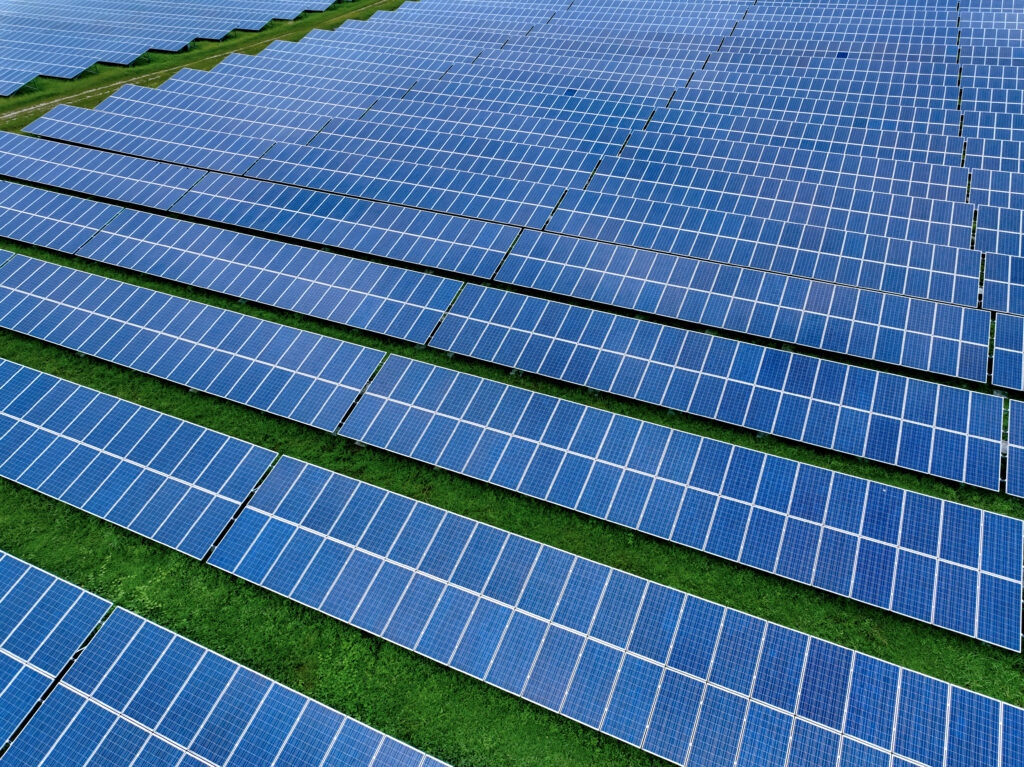
We are also working to increase renewable energy adoption via solar lease development. Greif is rapidly scaling our solar programs, with 50,000 acres of Soterra-managed land included in lease options with 13 different solar energy developers working on 22 projects. One project, a 100 MW solar farm in Louisiana, started construction in 2024. Please visit the מתן עדיפות לטבע section of the report to learn more about our renewable energy procurement efforts.
יעילות אנרגטית
The role of energy efficiency in capital deployment is key to achieving our energy usage goals. We incorporate ESG criteria into our capital allocation system, placing priority on cost savings, reduced energy consumption, minimized raw materials usage, and improved health and safety for both people and products.
Greif colleagues regularly look for new opportunities to advance technology and conserve energy as part of our culture of continuous improvement. Our energy efficiency projects include equipment upgrades and process optimizations designed to strategically curb energy demand. In 2024, we implemented 58 energy efficiency projects, saving an estimated 35,000 MWh. Additional energy efficiency projects are routinely initiated by Greif’s Lean Six Sigma program.
Another success for the company has been our focus on LED lighting retrofits. We are actively working to retrofit our facilities to at least 80 percent LED lighting to conserve energy, reduce emissions, and create a safer and more pleasant work environment for Greif colleagues.
Energy Efficiency Across Our Operations
Throughout 2024, teams at our facilities drove innovative projects that demonstrate excellence in energy efficiency, cutting energy costs, improving efficiency, and support our sustainability goals. Greif Singapore converted a lithographic coating oven into an internal-lined ends line with an automated spraying system. The project is estimated to save more than 550 MWh per year while improving operational efficiency and capacity. Greif Saudia Arabia installed a logic timer system to manage two motors, controlling an automatic shut off during changeovers, breaks, and other periods of inactivity. These are just two examples of our colleagues’ efforts to integrate sustainability and business objectives into our operations.

For more information about our energy efficiency projects, please see sections 7.55 of our 2024 CDP Climate Response.
כלכלה מעגלית
At the heart of our climate strategy is an emphasis on circularity, specifically increasing the recyclability of our products, expanding our reconditioning network, implementing downgauging techniques, increasing the use of recycled raw material content in our products, and effectively managing waste.
In addition to reducing Scope 1 and 2 emissions, circularity initiatives also reduce our Scope 3 emissions linked to raw material extraction and converting, transportation, and waste sorting and processing and end of life management of our used products. Additionally, these initiatives minimize the amount of material we send to a landfill, thereby decreasing our production of landfill gas, an especially potent mix of greenhouse gases released during decomposition. We currently divert 87 percent of our waste away from landfills and aim to increase that percentage where possible.
אנא בקר בדוח זה לְבַזבֵּז section to learn more about our waste management efforts. Please visit this report’s ייצור מעגלי ו חדשנות כדי ללמוד עוד על המאמצים שלנו לקדם את הכלכלה המעגלית.
Supply Chain Emissions
Through our Global Supply Chain (GSC) Sustainability Program, we operationalize our commitment to reduce carbon emissions throughout our supply chain. Reduction projects are prioritized and embedded into three key areas of influence: energy procurement, logistics networks, and raw material sourcing.
Our energy procurement managers lead or collaborate in our renewable energy sourcing projects. Sourcing managers identify opportunities for emissions reduction through supplier collaboration, product ideation and trials, and purchasing decisions. Our logistics managers manage projects to increase efficiency in our global transportation and logistics networks.
In 2024, we conducted a thorough analysis of our Scope 3 emissions to develop a pipeline of strategic reduction activities and projects for the medium- to long-term. We evaluate projects based on our level of influence and impact, prioritizing projects we can directly execute within our organization. We are incorporating indirect projects into engagement plans we are building to inform our work with carriers, suppliers, and third-party partners.
אנא בקר בדוח זה ניהול שרשרת אספקה גלובלית למידע נוסף על העבודה שלנו בכל שרשרת האספקה שלנו.
Goals, Progress, & Performance
יעדי 2030:
- צמצם את פליטת גזי החממה המוחלטת של Scope 1 ו- Scope 2 ב-28 אחוזים לעומת קו הבסיס של 2019.
- צמצם את צריכת האנרגיה שלנו ב-10 אחוזים עבור כל יחידת ייצור מקו הבסיס של 2019.
We partnered with a third party in 2020 to conduct an evaluation of our ability to achieve a Science Based Target Initiative (SBTi) aligned goal. The analysis led to Greif’s public commitment to a 28 percent reduction in absolute Scope 1 and Scope 2 emissions by 2030, based on a 2019 baseline. Aligned with prevailing climate science, this target aims to limit global warming below 2°C. While we are not yet able to provide a detailed analysis of our absolute progress against this goal due to acquisitions and ongoing data improvements, our 2024 Scope 1 and Scope 2 (market-based) absolute emissions increased by about 1 percent compared to 2023.
In 2024, we made progress through renewable energy procurement, nature-based solutions, and energy efficiency efforts. We also analyzed our Scope 3 emissions and, though we cannot set a Scope 3 target at this point in our sustainability journey, we are working to tackle these emissions while building resiliency in our supply chain. Further, Greif took our first steps in expanding ISO 14001 certifications to additional sites. ISO 14001 provides a management system framework for Greif to integrate climate change efforts into the day-to-day operations at each site on a granular level.
An amendment to ISO 9001 certifications was introduced in 2024 which integrates climate change considerations into organizational management systems. Greif’s operations team has been working to incorporate this into our ISO 9001 certification process. We actively seek opportunities to collaborate with our suppliers, customers, and other stakeholders to reduce our emissions and advance our climate strategy.
נתוני אנרגיה ופליטות גזי חממה
| שנת 2020 | שנת 2021 | שנת 2022 | שנת 2023 | FY 2024 | |
|---|---|---|---|---|---|
| Total Energy Consumption (MWh) | 5,423,000 | 5,832,000 | 6,145,000 | 5,594,000 | 5,450,600 |
| Energy Reduction per Unit of Production, compared to Baseline1,2 | - | -0.30% | -2.30% | -5.50% | 3.70% |
| שנת 2020 | שנת 2021 | שנת 2022 | שנת 2023 | FY 2024 | |
|---|---|---|---|---|---|
| GHG Scope 13 | 693 | 697 | 756 | 605 | 625 |
| GHG Scope 23 (Location-based) | 590 | 557 | 565 | 494 | 476 |
| GHG Scope 23 (Market-based) | 597 | 569 | 578 | 503 | 495 |
| היקף GHG 3 | 4,148 | 4,357 | 5,019 | 5,062 | 5,144 |
| GHG Total Scope 1, 2, & 3 (Location-based) | 5,431 | 5,611 | 6,340 | 6,161 | 6,245 |
| GHG Total Scope 1, 2, & 3 (Market-based) | 5,438 | 5,623 | 6,353 | 6,170 | 6,264 |
Greif Pudahuel בצ'ילה משיג 100% אנרגיה מתחדשת
מפעל הפלדה Pudahuel של Greif בצ'ילה היה המתקן הראשון שלנו באמריקה הלטינית שפעל על 100 אחוז חשמל מתחדש. באמצעות פרויקט בן שנתיים, בשיתוף עם ספקית האנרגיה IMELSA ENERGIA, הצליח המתקן להעביר את כל אספקת החשמל שלו ל-100 אחוז מקורות מתחדשים. המתקן מייצר תופי פלדה גדולים, תופים חרוטיים ובקבוקי מים לשווקי הכימיקלים, שמן הסיכה והמזון והמשקאות. מתג זה מקדם את אסטרטגיית הקיימות שלנו, תומך ביעד הפחתת פליטות החממה שלנו לשנת 2030 ועוזר לתמוך ביעדי הפחתת הפליטות בהיקף 3 של לקוחותינו.
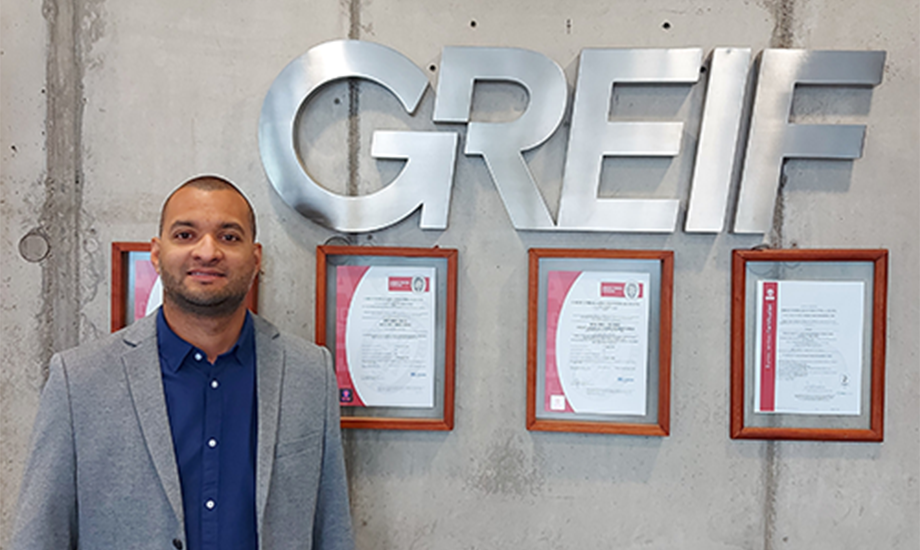
Enel X Demand Response
מאז 2011, Greif משתתפת ב-Demand Response (DR) עם Enel X, חטיבה של Enel Group Worldwide, חברת חשמל רב-לאומית ושחקנית משולבת מובילה בשווקי החשמל והגז בעולם, ה-DR של Enel X וניטור האנרגיה בזמן אמת מאפשר לחברה גישה להזדמנויות שוק כדי להפיק רווחים מהגמישות, להגביר את האמינות התפעולית ולהדגיש התקדמות בתחום הקיימות. Greif צבר מעל $4.4 מיליון רווחים ב-DR, כולל $1.3 מיליון בשלוש השנים האחרונות. ישנם כ-17 מפעלי Greif הרשומים ב-DR עם Enel X. אנו בוחנים כדי לקבוע אם אתרים מתאימים ומועמדים מתאימים להשתתפות ב-DR כדי להרחיב את השתתפותנו בתוכנית.
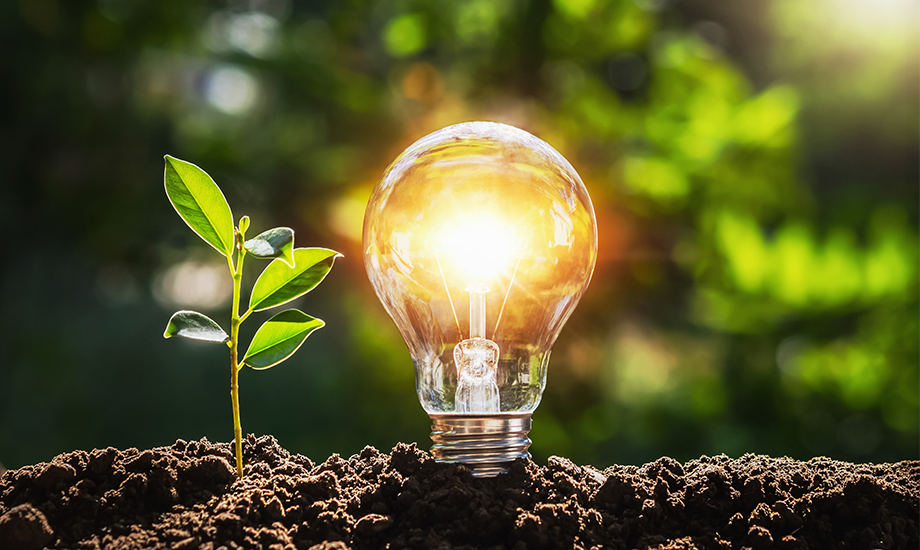
מחקר אנרגיה של LATAM Tigre
מיקום LATAM Tigre של Greif ערך הערכה רב-תחומית של כל המפעלים באמריקה הלטינית כדי ליישם הפחתה של 6% בצריכת האנרגיה ליחידה המיוצרת עד 2025 בהשוואה לקו הבסיס של 2019. כל המכונות, חלקי הציוד ההיקפי, הציוד הכללי והאלמנטים הצורכים חשמל זוהו והוערכו, ומצאו 447 אזורי מיקוד אנרגיה ברחבי LATAM. מתחומי מיקוד אלו זוהו 70 פרויקטים אסטרטגיים בתחום האנרגיה. נכון לנובמבר 2023, 6 פרויקטים להתייעלות אנרגטית הושלמו ב-LATAM, שהביאו לחיסכון בעלויות האנרגיה של $29,300 לשנה והפחתה בשימוש באנרגיה של 63,000 קילוואט-שעה בשנה.
